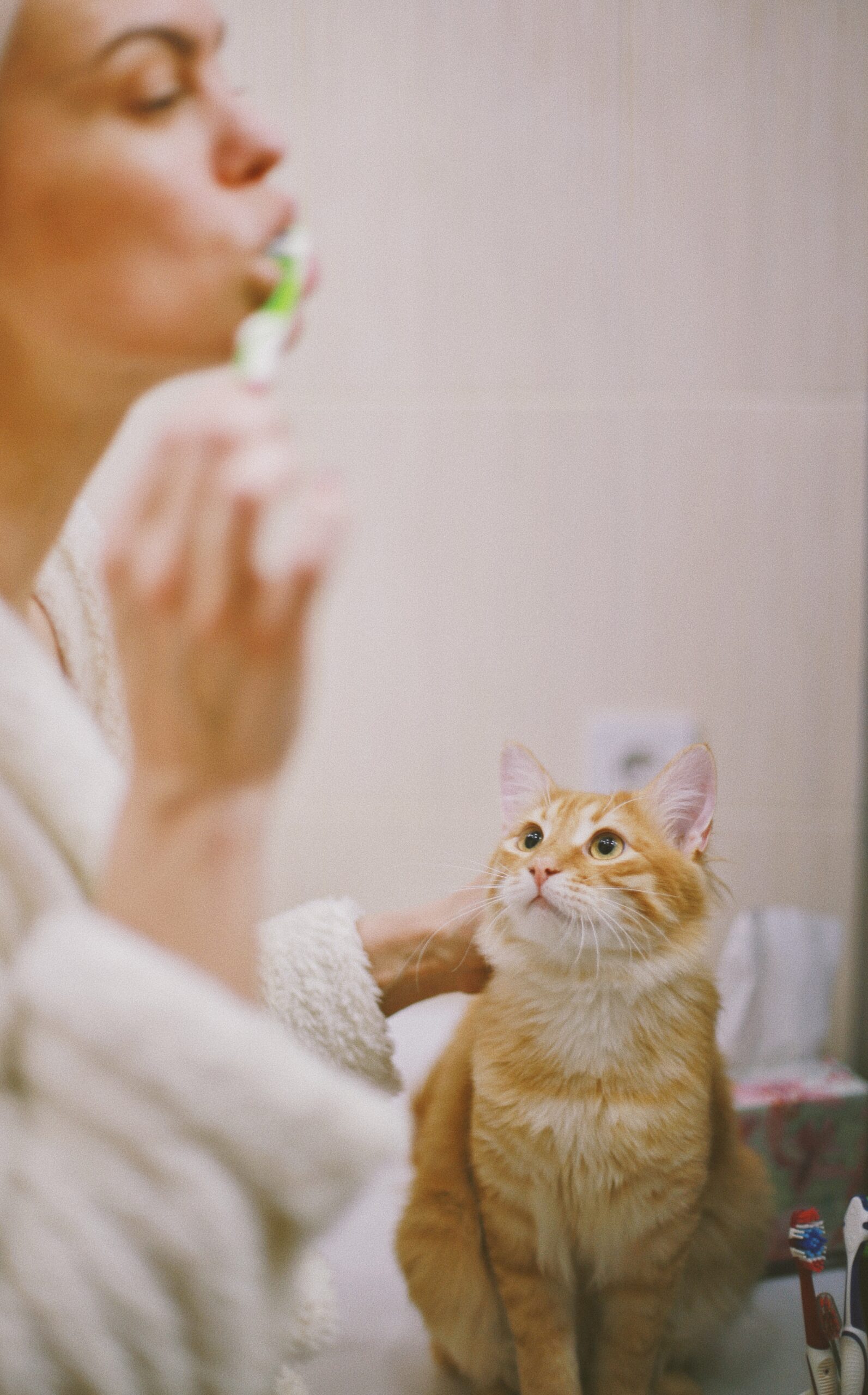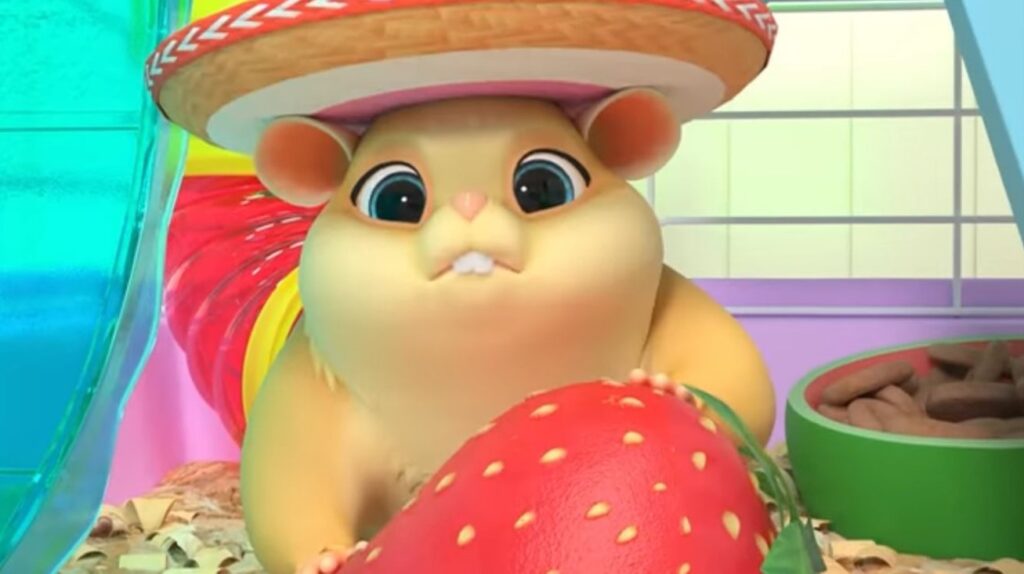How do you take care of a cat’s oral hygiene?
Maintaining good oral hygiene is important for the overall health and well-being of your cat.
Here are some tips for daily oral care for your feline friend:
1. Regular brushing:
Brushing your cat’s teeth is one of the most effective ways to prevent dental issues. Get a cat-specific toothbrush and toothpaste (do not use human toothpaste as it can be harmful to cats). Start by introducing your cat to the taste of the toothpaste and gradually transition to brushing their teeth. Brush their teeth gently in a circular motion, focusing on the gum line. Aim to brush your cat’s teeth at least two to three times a week.
2. Dental treats and toys:
Dental treats and toys are available that can help reduce plaque and tartar buildup. Look for products that are specifically designed to promote dental health in cats. These treats and toys often have a texture or shape that helps clean the teeth as your cat chews or plays with them.
3. Dental diets:
Specialized dental diets are formulated to promote oral health in cats. These diets have a texture that helps reduce plaque and tartar buildup. Consult with your veterinarian to determine if a dental diet is suitable for your cat and for recommendations on specific brands.
4. Regular veterinary check-ups:
Schedule regular veterinary check-ups for your cat, including dental examinations. Your veterinarian can assess your cat’s oral health, perform professional dental cleanings if necessary, and provide advice on at-home oral care.
5. Monitor for signs of dental issues:
Keep an eye out for signs of dental problems such as bad breath, drooling, difficulty eating, inflamed gums, or loose or missing teeth. If you notice any concerning symptoms, consult your veterinarian promptly.
It’s essential to introduce oral care gradually and make it a positive experience for your cat. Be patient, use rewards, and provide praise during and after each oral hygiene session. Every cat is different, and some may be less tolerant of oral care. Be patient and introduce oral hygiene practices gradually. If you have any concerns or notice signs of dental problems such as bad breath, swollen gums, or difficulty eating, consult your veterinarian for further guidance and assistance.
FAQs:
Here are some frequently asked questions related to cat oral hygiene:
- Why is oral hygiene important for cats?
Proper oral hygiene is crucial for cats because it helps prevent dental issues such as gum disease, tooth decay, and oral infections. Neglected oral health can lead to pain, difficulty eating, and other systemic health problems.
2. How often should I brush my cat’s teeth?
Ideally, you should aim to brush your cat’s teeth daily. However, even a few brushings per week can significantly contribute to maintaining good oral hygiene.
3. Can I use human toothpaste to brush my cat’s teeth?
No, you should never use human toothpaste for cats. Human toothpaste contains ingredients that can be toxic to cats if ingested. Always use toothpaste specifically formulated for cats.
4. What if my cat refuses to let me brush their teeth?
Some cats may resist tooth brushing initially. It’s important to introduce the process gradually, use positive reinforcement, and be patient. If your cat absolutely refuses, you can explore alternative options such as dental wipes or gels recommended by your veterinarian.
5. Are there any specific dental treats or toys that are beneficial?
Look for dental treats or toys that are designed to promote oral health. They should have a texture that helps reduce plaque and tartar buildup while providing some chewing action. Consult your veterinarian for recommendations based on your cat’s specific needs.
6. How often should my cat have a dental check-up?
It is generally recommended to schedule a dental check-up for your cat at least once a year. Regular professional dental cleanings may be needed depending on your cat’s oral health condition, which your veterinarian can determine.
7. Can diet affect my cat’s oral health?
Yes, diet can play a role in maintaining oral health. Feeding your cat a balanced, high-quality diet can contribute to healthy teeth and gums. Dry kibble or dental-specific cat food can help clean teeth while chewing, but consult your veterinarian for appropriate dietary recommendations.
Remember, if you have specific concerns or questions about your cat’s oral hygiene, it’s always best to consult with your veterinarian for personalized advice and guidance.




